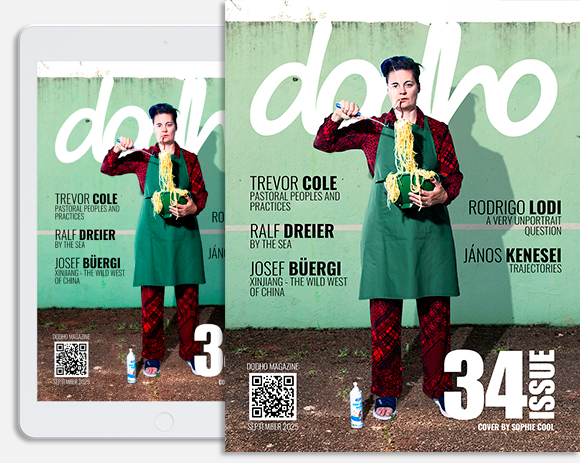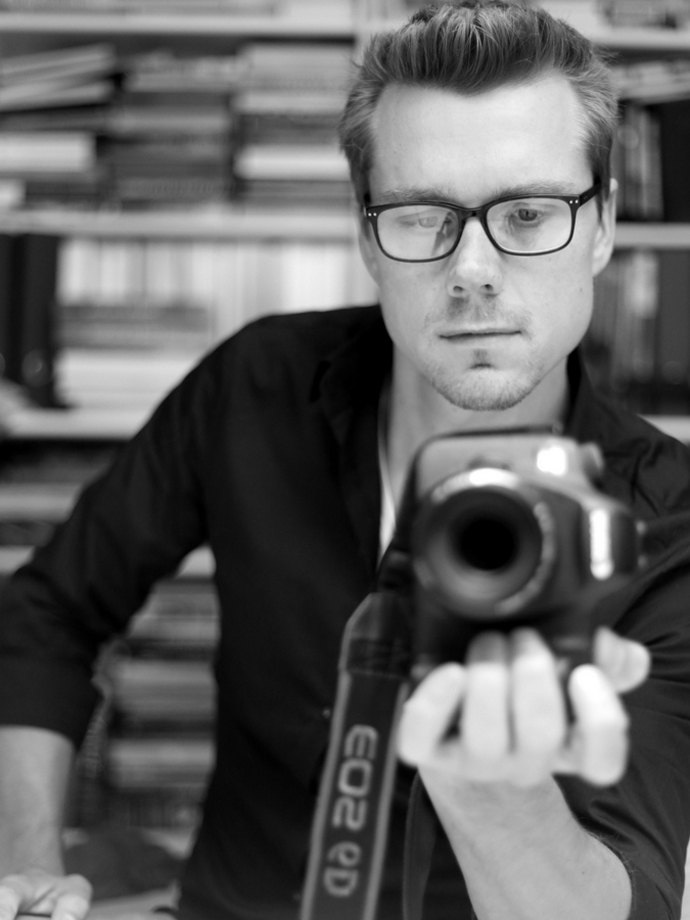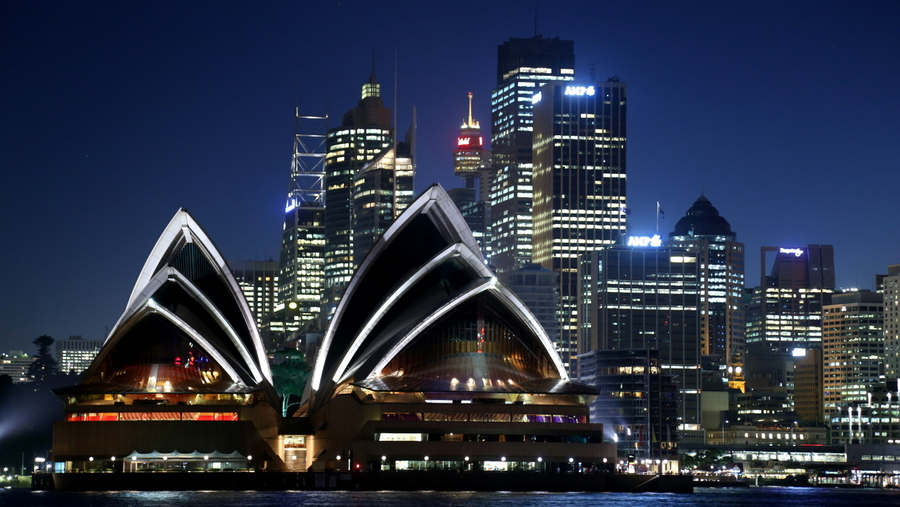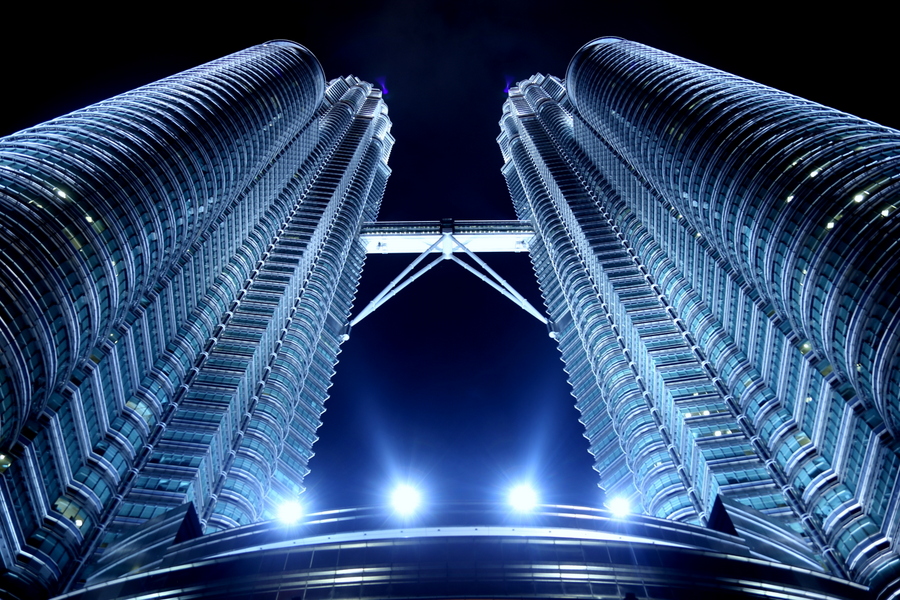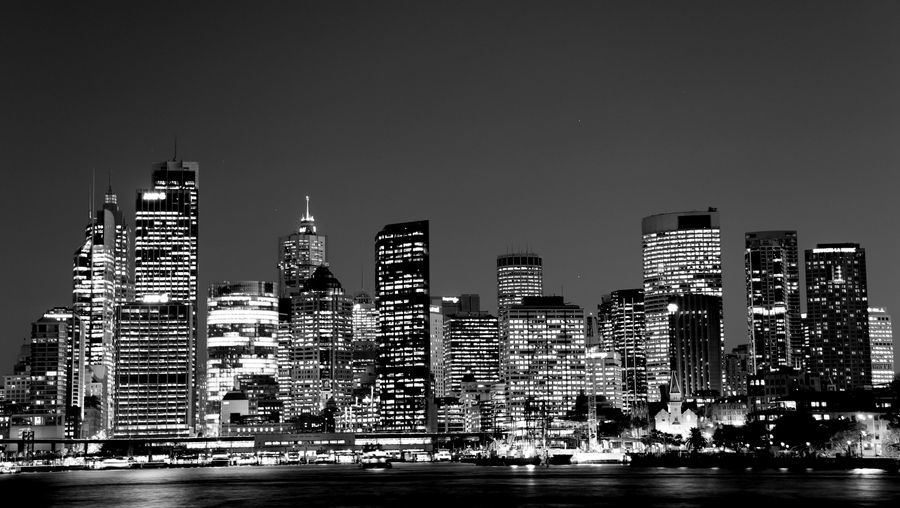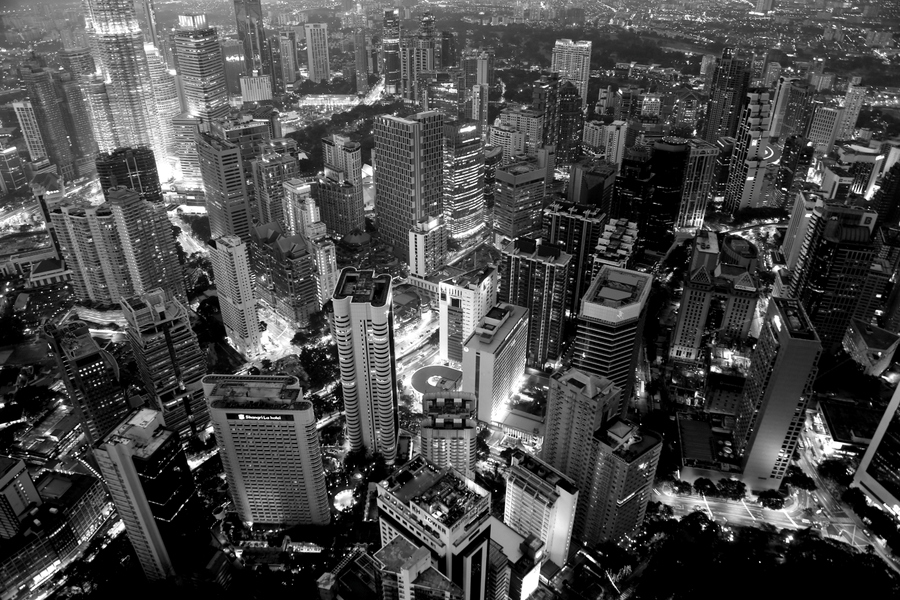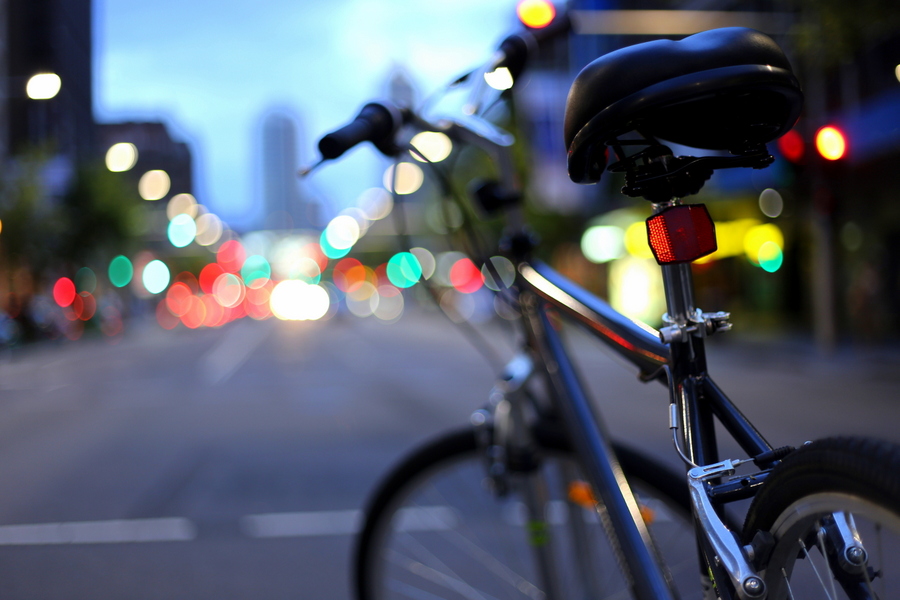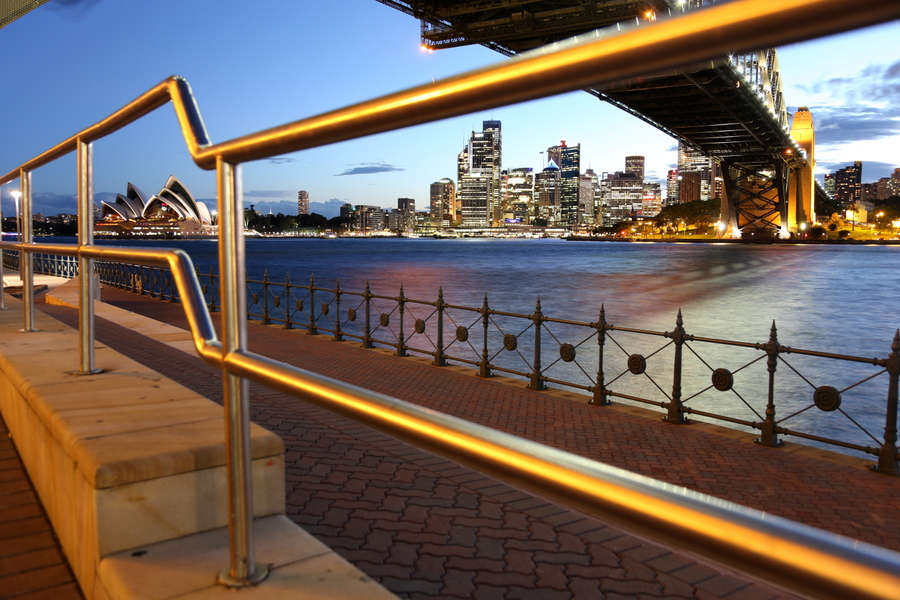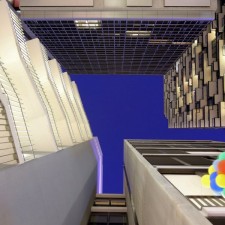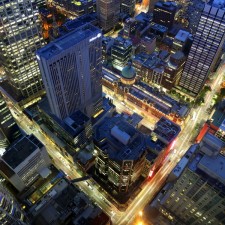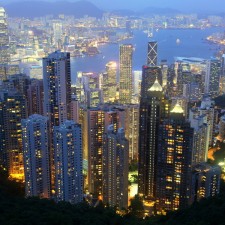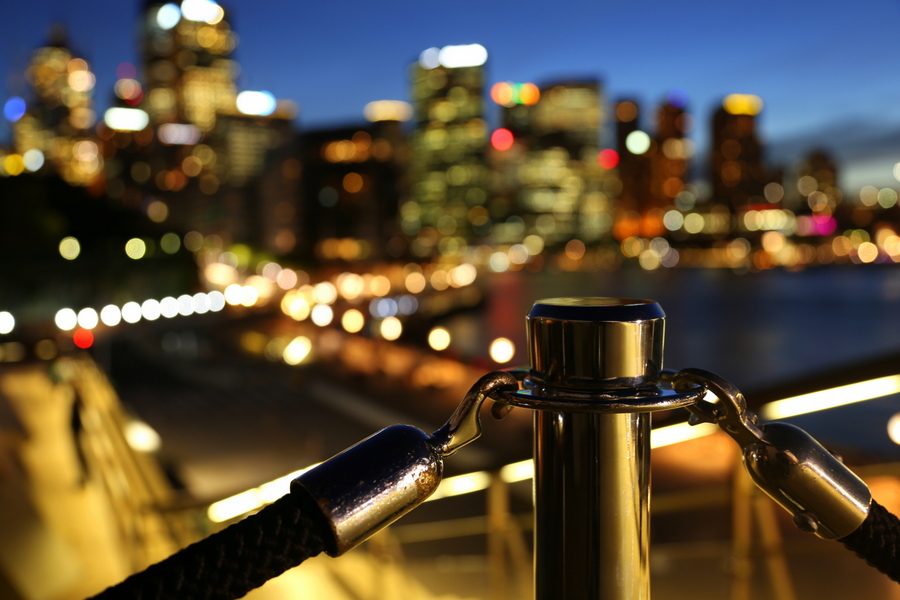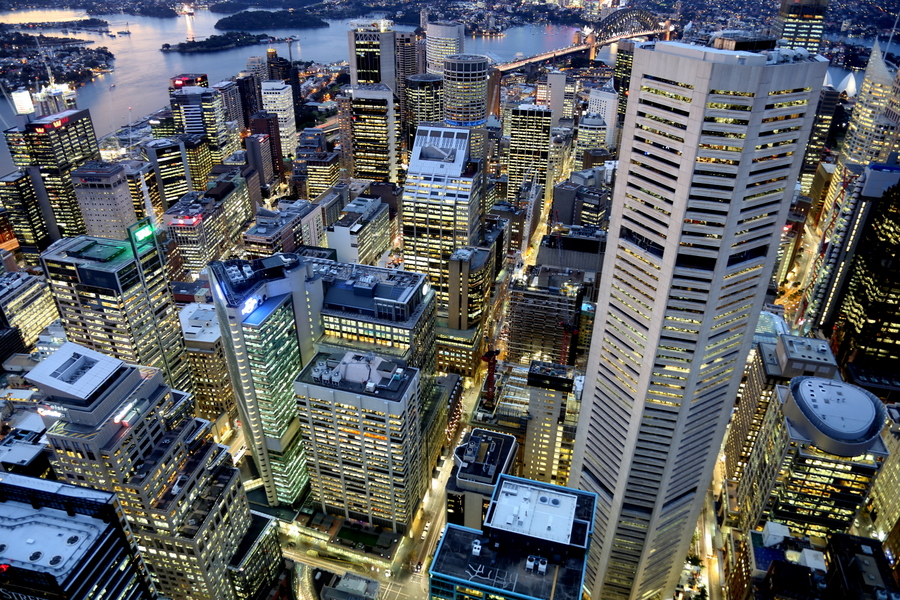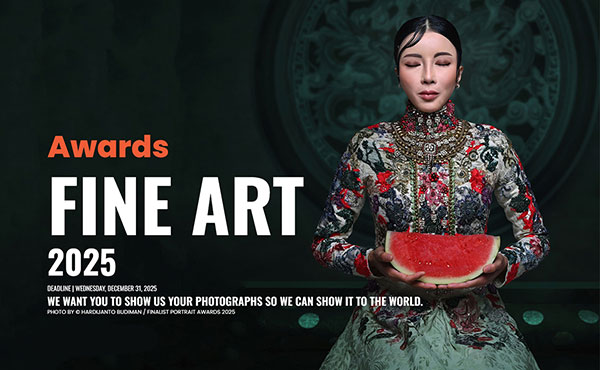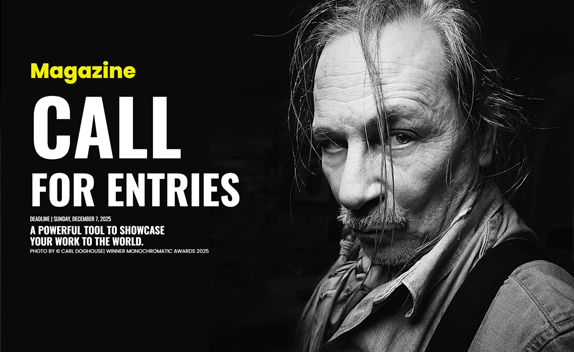Can you tell us a little about yourself?
I am a photographer who specializes in cityscapes and street photography. I was born in the Netherlands in 1981, moved to Sydney in 2010, and returned to the Netherlands in 2014. Initially trained in biology, I switched to philosophy and received my PhD in 2014. When I went to University, I had a general interest in 20th century art such as Cubism, Surrealism, Futurism, and also developed an interest in installation art. I remember doing a course in “Philosophical Anthropology and Technology” given by Petran Kockelkoren. For this course, we watched parts of Ron Fricke’s documentary, Koyanisquatsi, and I remember it fascinated me deeply, particularly the time-lapses of cities.
How did you get interested in photography?
I’ve had an interest in photography since I was a teenager, partly due to the photos my older brother took of cities in North America such as Toronto and New York City. After graduating from University in 2009, I went backpacking in Southeast Asia. Before I left, I bought some books on travel photography and learned the basic rules of composition and lighting. I really enjoyed photographing Southeast Asia, but I had a Canon point-and-shoot, so my creative options were limited. In 2010, I moved to Sydney, bought a DSLR in 2013, and got hoooked to photography, often spending many hours a day taking photographs. Sydney is a very photogenic city and there is something for everybody. Skylines, beaches, tropical parks, interesting buildings, markets, events, etc.
Who are some of your favorite classic photographers, and how did they influence you?
This may sound odd, but I’m not really influenced by classic photographers. For my street photography, I ’ve studied the classics such as Henri Cartier-Bresson, Eugene Atget, Vivian Maier, Fan Ho, Joel Mereyowitz, and many others. And I’m sure they have influenced me in some way, but not consciously or explicitely. Regarding cityscapes, I’m not sure whether there are any classic photographers in the same way as there are for street photography. Most of my inspiration comes from other photographers I follow on Flickr and 500px.
Examples include, in no specific order: Black Station, Navid Baraty, Tom Ryaboi, Mike Orso, Martin Dietrich, Jon Siegel, Ronnie Yip, and many others.
In addition to photography, other forms of visual art inspire me as well, for example 20th century Futurism, a form of art engaged with themes such as movement, technology, and industrialized cities. I particularly like how Futurists try to capture movement, something I try to do in my photographs as well. Futurists are great artists, but I’ve no affinity with their social and political values.
I’m also hugely inspired by the documentaries of Fricke, who made Koyaanisqatsi and Samsara, amongst others. Fricke’s documentaries tell an exclusively visual narrative of the development of human cultures in a variety of settings, sometimes using time-lapse photography. His work is visually stunning and a great source of inspiration for me. You can press pauze at any moment in his documentaries and you’ll have a great image. Some interpret Fricke’s work as criticism on our technological culture, which it might well be, but I’m mainly interested in the way he visualizes human culture.
How do you educate yourself to take better photos?
When I bought my first DSLR, I looked at blogs, websites, YouTube videos, and also bought some books on photography. These were definitely helpful, but I don’t think you need much information to master the basic skills of photography. What you do need, however, is a lot of practice and perseverance. Sometimes I go out shooting just to practice a certain technique. For example, I’ll put on my 50 mm lens with a low aperture and take pictures of random objects just to practice depth of field. Also, I’ve never been a member of a photo club, but I’m planning to join one, so I can learn from other photography enthusiasts.
How do you come up with ideas for your projects?
In my street photography, I’ve no particular strategy. I usually just take my camera, walk around in the city and see what happens. Sometimes I see an interesting background that allows me to frame a subject or has an interesting symmetry. I then wait patiently until a subject walks through the framed background. But more often, my street photography is a random activity without preset goals.
With my cityscapes, I often have a location in mind. When you’ve lived in a city for a while, you know where the interesting vantage points are. It might take some time to get there, particularly when you have no car, but it’s all about the hunt. When I finally make it to a location, I usually look for frame-filling cityscapes/skylines. I try different positions and angles, look for foreground/background contrasts, and take photos at different times during the blue hour (sometimes a few minutes make a significant difference).
Do you take photos more for yourself or for others?
This is a tough question. I think very few amateur photographers begin with photography to take pictures for others (unless your goal is to become a professional of course). But as you progress as a photographer and put your pictures online and enter into competitions, I guess they’re meant for others as well, otherwise you wouldn’t have put them online. At this point, I take photos neither purely for myself nor purely for others. It’s a bit of both, I suppose.
What do you think makes a memorable photograph?
As you can see in my photos, I really like the blue hour, which is the time of day where two worlds meet: when natural light slowly fades away and artificial light slowly takes hold. I think this works particularly well for cityscapes, but also for street photography. The combination of different kinds of light make photos taken during the blue hour aesthetically very appealing. Photography, after all, is all about light and when you have two kinds if it, your creative options expand. Throw in some depth of field, an interesting subject, and you have all the ingredients for a great shot.
So aesthetics elements make a memorable photograph, but the memories you develop when taking photos are important too. For example, I remember I was shooting cityscapes of Sydney on the roof of a parking lot. A security guard came, he asked me what I was doing and told me I wasn’t allowed to be there. I explained him what I was doing and showed him the pictures I just took. He must have liked those pictures because the next thing he did was to help me to get on top of an elevator-shaft so that I had a better view on Sydney’s skyline. Such experiences make certain photos more memorable than others.
How important is an awesome website for your business?
I don’t have a business, so in that sense a website is not important for me. But I still think it’s important to disseminate my photo’s to a wider audience and for that reason a website is vital. For example, because the folks at Dodho found my website, they asked me for both a feature on my Street Photography and this interview. So a website is an essential marketing tool for any photographer, professional or otherwise.
How has social media played a role in your photography?
Social media has played a tremendously important role in my photography. The photographers are follow on Flickr and 500px are great sources of inspiration and the feedback I get on those sites is quite helpful. For instance, the amount of likes I get on photos is interesting and sometimes surprising. Occasionally, a photo I personally find really impressive, gets very few likes, while a photo I find aesthetically less appealing gets many likes. This helped me to understand the preferences of other photographers. It also show how subjective photography is. This sounds terribly cliché, but beauty is in the eye of the beholder. As a photographer I can see beauty in technique, rather than just composition. A particular photo may not be beautiful in a postcard-kind-of-way, but may have a brilliant use of depth of field or an interesting foreground/background contrast.
What are some tips you would give to yourself if you started photography all over again?
I wish I bought a DSLR earlier. For anyone who is reading this and is thinking about buying a DSLR or some other serious camera: do it. And if you cannot afford a new one, try to buy a second hand one. You cannot start soon enough with photography.
What is one question nobody has ever asked you that you wish they asked you?
Would you be interested in an exhibition at the Museum of Modern Art? [Official Website]


